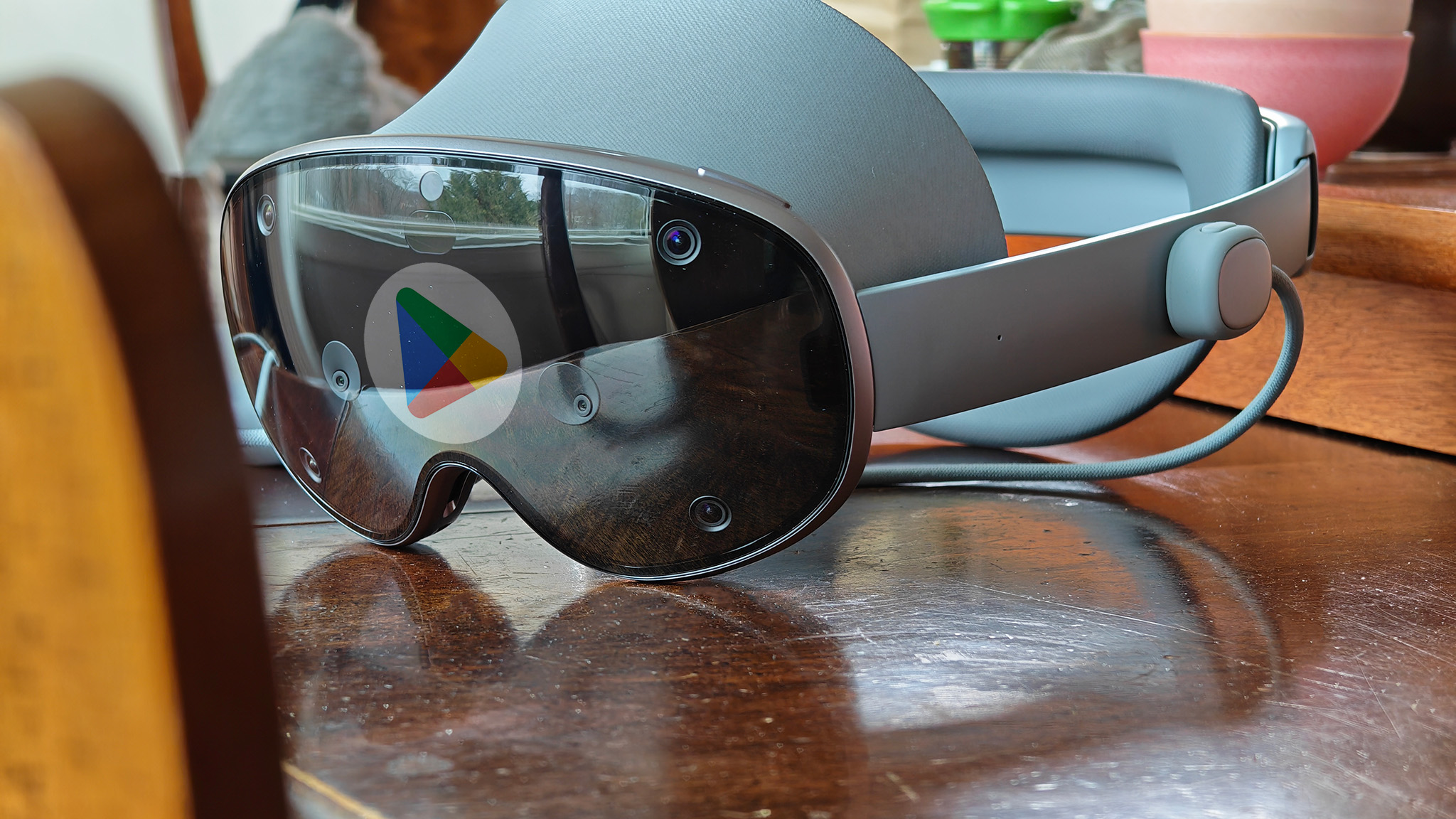Google strengthens 'Find My Device' and will alert users to unknown trackers
Improvements to hopefully put a cap on any breaches of privacy.
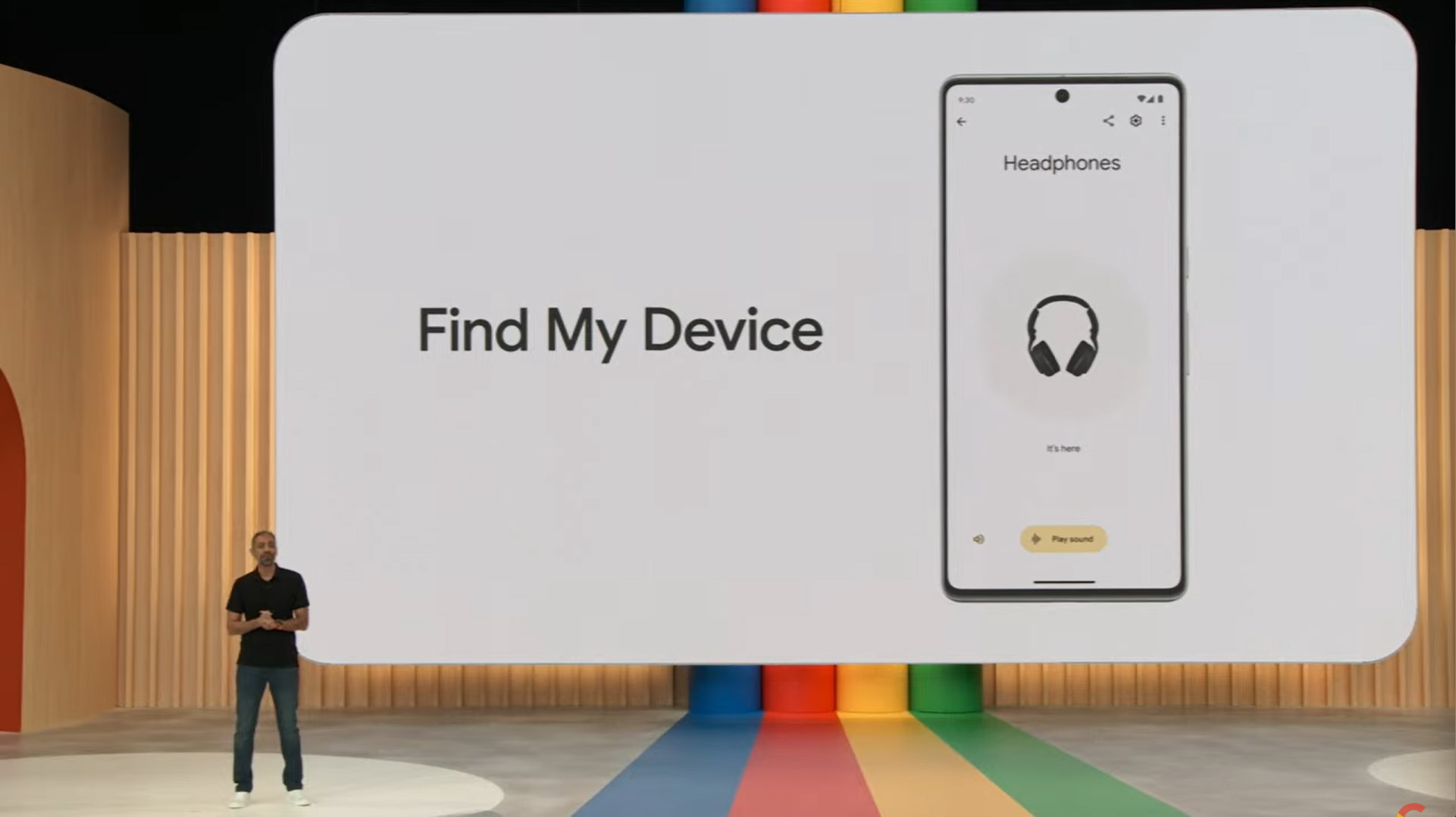
Get the latest news from Android Central, your trusted companion in the world of Android
You are now subscribed
Your newsletter sign-up was successful
What you need to know
- Google preps new Android security enhancements set to roll in later this summer.
- The Find My Device network is getting improved locator capabilities for devices that are offline.
- Google is set to introduce its new "unwanted tracker" alerts later this summer whenever your phone detects an unknown tracker following you.
Among the torrent of Google releases and announcements at I/O 2023 on Wednesday, the company announced some useful improvements aimed at user security.
Android security is an essential feature among all the devices we may purchase or have in a household. In a Keyword post, Google stated a couple of enhanced security parameters coming for Android's ecosystem of devices. The first update is for Android's "Find My Device" feature. Android users will know that Find My Device is used to locate your lost phone or any other wireless misplaced device.
Now, the new "Find My Device" network coming later this summer will bring a seamless way of locating lost items when they are offline. Google states the refreshed experience will "quickly and securely" ring a compatible device or will display its location on a map for you even when the device isn't connected to anything. Locating your misplaced phone will be done by using Bluetooth proximity.
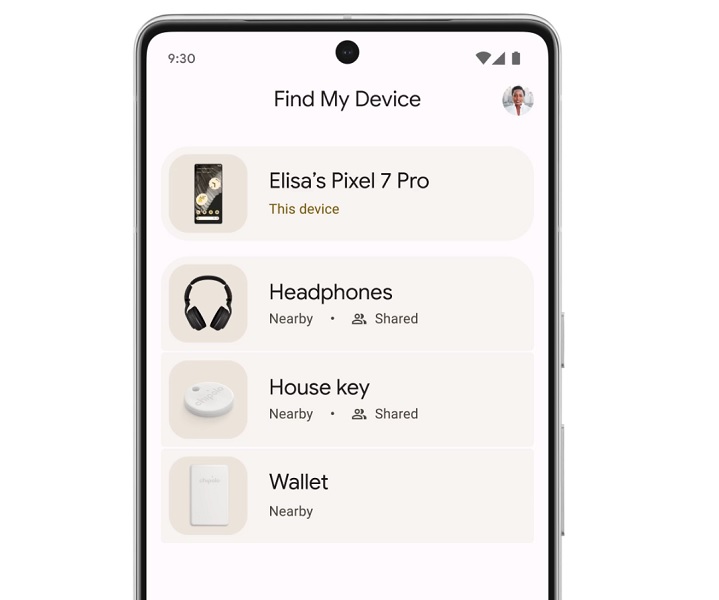
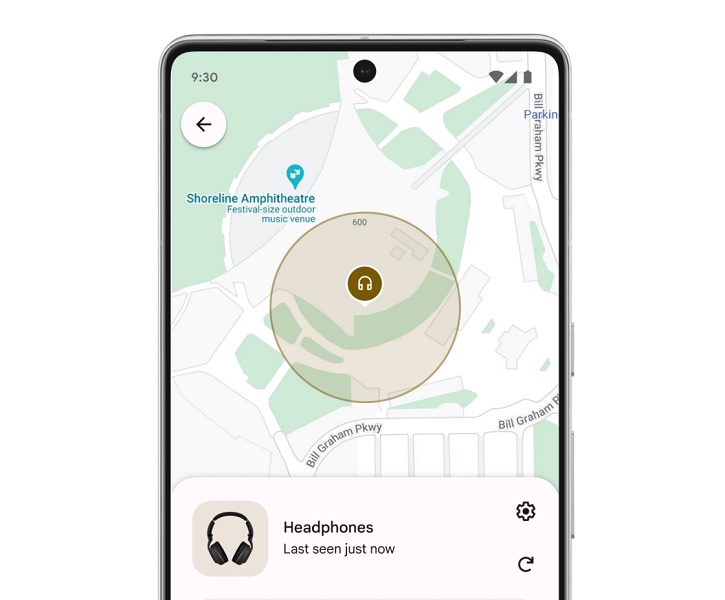
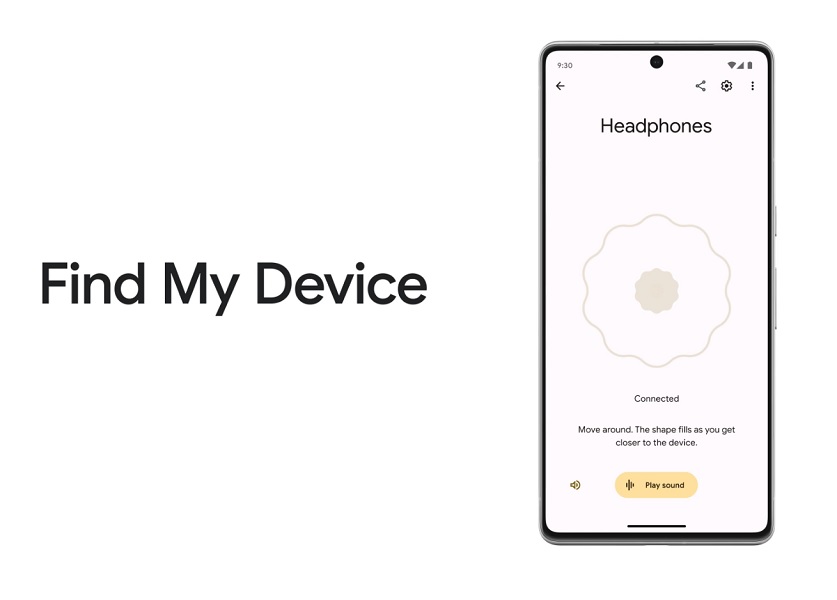
This new experience welcomes locator tags such as Tile, Chipolo, and Pebblebee for your keys, wallets, or luggage to the Find My Device network. The "secure" way of locating your devices is a part of Google's security efforts to ensure users' location data is end-to-end encrypted, so it's only used by you and you alone.
There is an update set for the current line of Pixel Buds, along with Sony and JBL headphones, to bring them closer into the fold with the Find My Device network improvements.
These "offline states" for lost devices remind us of the leaks a month ago, which suggested Google could be taking a page from Apple's book of device locating. It was mentioned then that, beginning with Pixel devices, users would discover a "Pixel Power-off Finder." This would enable users to find their phone even if it was entirely powered off since its Bluetooth chip would remain active.
Efforts to reduce unwanted tracking
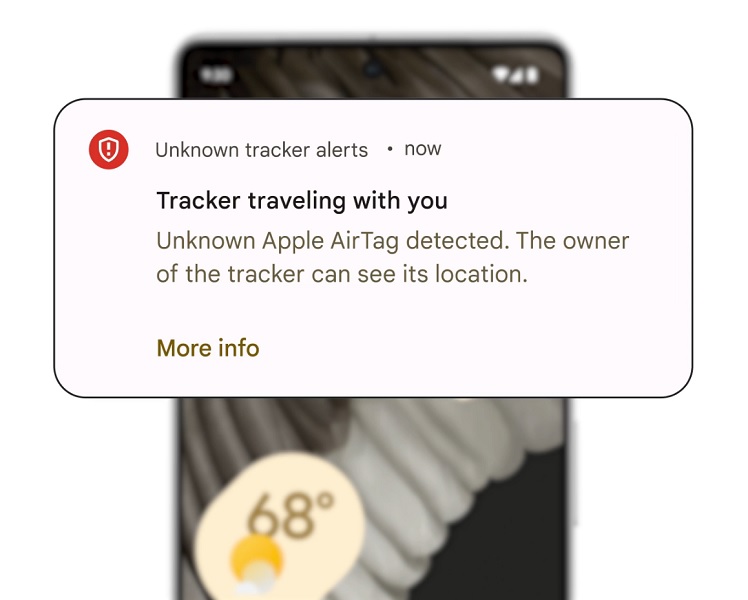
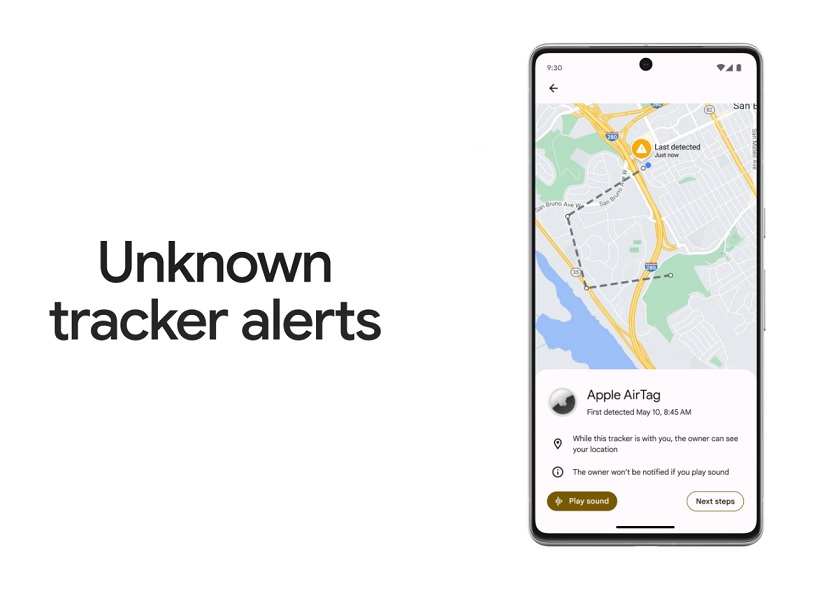
Bluetooth trackers can feel almost like a double-edged sword. They are useful for locating your items no matter where they are, but you are also exposed to privacy breaching tracking yourself. Google informs that later this summer, it will launch an "unwanted tracker alert" for Android.
Get the latest news from Android Central, your trusted companion in the world of Android
Android phones will soon alert the user if it detects an unknown tracker moving with them — as if someone slipped it onto them. The map that the alert will display once interacted with will show the tracker on a map so you can understand how long it's been traveling with you. Control and discovery are in your hands now, as Google will enable you to play a sound on the tracker to locate it.
There will also be a manual scanning feature so users can stay alert on potential unknown trackers in their immediate vicinity. Once rolled out, the alerts will appear whenever an Apple AirTag, Bluetooth tracker, or any other compatible with the Find My Device network is detected.
The efforts Google is taking to try and get rid of the problem of unwanted tracking in the world is a continuation of its work done in tandem with Apple. Both companies recently came together to create a draft of specifications for companies creating trackers to learn and adhere to for better practices. They've set a late 2023 window for when the new specifications may be ready.
These new security efforts are only a fraction of what Google had in store during its I/O 2023 keynote speech yesterday. Our roundup of the event holds some quick details so you can get caught up.

Nickolas is always excited about tech and getting his hands on it. Writing for him can vary from delivering the latest tech story to scribbling in his journal. When Nickolas isn't hitting a story, he's often grinding away at a game or chilling with a book in his hand.
